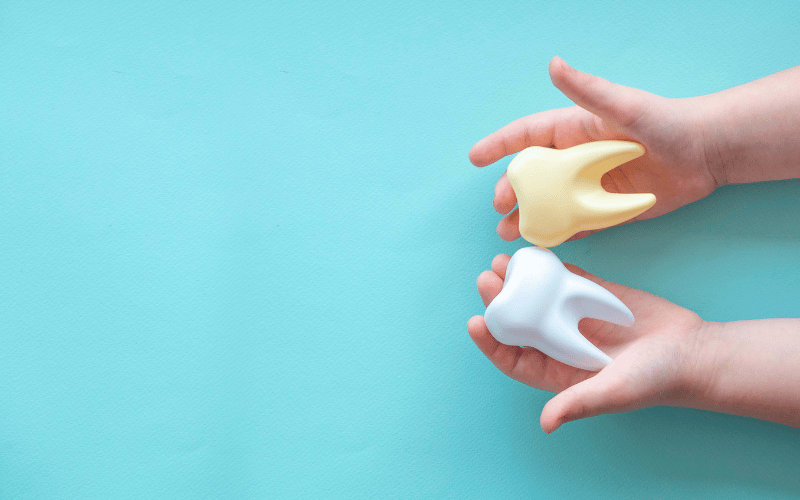7. The Significance of Baby Teeth: ECC and Developmental Outcomes

The importance of maintaining the health of baby teeth is sometimes underestimated. These primary teeth hold space for future permanent teeth and guide them into the correct position. ECC can lead to premature tooth loss, which in turn can cause misalignment of the permanent teeth, resulting in crowding, improper bites, or the need for orthodontic treatments in the future.
Beyond spacing for adult teeth, baby teeth are crucial for a child’s developing chewing habits and nutritional intake. Healthy baby teeth allow for proper mastication, which enables a child to eat a varied diet that includes tougher foods that are rich in nutrients. ECC can make eating a painful experience, leading children to favor softer, often less nutritious foods, affecting their overall health.
Primary teeth also play a significant role in speech development. They act as placeholders for adult teeth and are essential in the articulation of certain sounds. ECC can compromise the structure of these teeth, potentially leading to speech impediments or delays in speech development that may require intervention from a speech therapist.
The early loss of primary teeth due to ECC can also have psychosocial effects. Children may become self-conscious about their appearance or experience teasing from peers, which can affect their self-esteem and social interactions. The psychological impact of ECC is as important to address as the physical repercussions.
ECC prevention and treatment are therefore not just about preserving a child’s current oral health but are also an investment in their future development. Parents should be encouraged to see baby teeth as the foundation upon which their child’s permanent teeth, facial structure, and overall well-being are built, emphasizing the value of proactive dental care. (7)